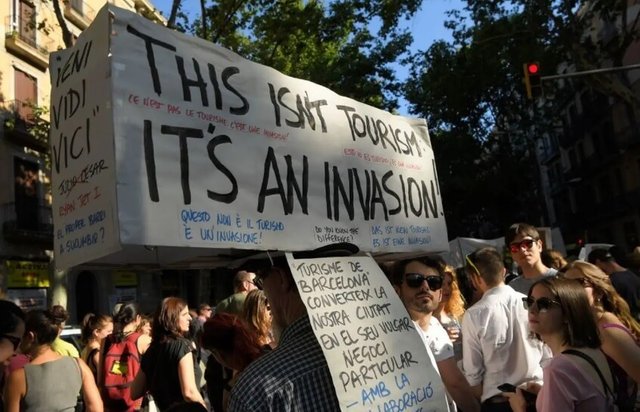Overtourism - 7 Ways To Help Solve This Worldwide Problem
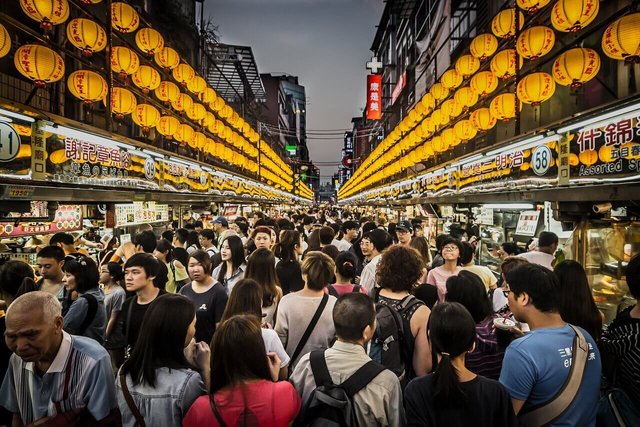
Overtourism. Aren't we hearing the term a bit too often lately? As a child, I remember my parents took me to my uncle's place in Rajasthan (India) to spend the winter holidays. My cousin from the US visited the place too along with his family. Because all of us bombarded the place with our presence at the same time, there weren't enough beds in the rooms to accommodate everybody at night. So my uncle used to order extra mattresses for his sons (four of them!) who placed them on the terrace and slept on them. We, however, enjoyed the warmth of their rooms, sleeping on furnished beds.
To summarize, we overcrowded the place as guests and forced the hosts out of their rooms, putting them in a state of discomfort for a few days. Since we were family to them, they never complained. But when you do the same as a traveller - overcrowding a country and making the lives of the locals difficult, creating conflicts with them, that's called overtourism.
IMPACTS OF OVERTOURISM - WHY OVERTOURISM IS BAD?
Overtourism has both environmental and socio-cultural impacts. Speaking of the environmental impacts of overtourism, they are as follows :
1. DEPLETION OF GROUNDWATER RESOURCES AND WATER SCARCITY
Since tourism is a seasonal entity, when the peak season coincides with the period of water scarcity in that area, then it can place a lot of pressure on the groundwater table. The pipeline for water supply to the local public and the hotels is the same. And since preference is given to the tourists, the locals have to contend with reduced water supply.

Take Thailand's Phi Phi islands for example. The Phi Phi islands are suffering from a major drinking water crisis thanks to the large influx of tourists coming to enjoy the "beach life" during the summers.
Shimla, a beautiful hill station in Himachal Pradesh, India has suffered the same fate too. The place has officially run out of drinking water. Infact, the conditions are so bad that the government had to request tourists to not visit the place and consider other destinations for their travels.
2. MARINE POLLUTION AND DEGRADATION OF THE MARINE ECOSYSTEM
All the seaside and beach destinations fall victim to this. More tourists during peak season imply more non-biodegradable waste produced. 90% of the coastal places lack a sophisticated waste disposal system that can effectively treat large quantities of these wastes. As a result, these wastes are released into the ocean.
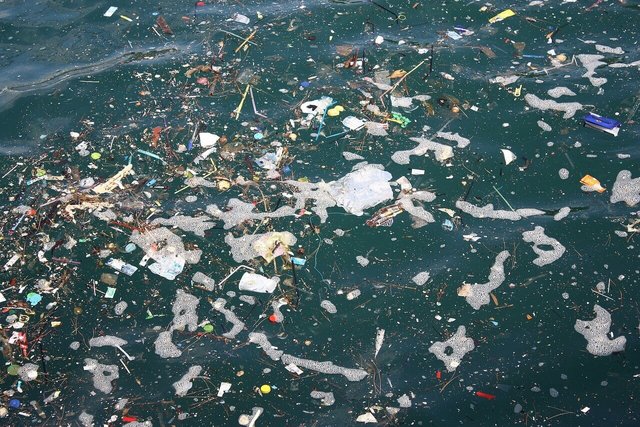
The polluted water from the hotels, plastic litter at the beaches and copious amount of chemicals (thanks to sunscreen lotions) - all of it contributes to a significant amount of oceanic water pollution. This phenomenon damages the marine ecosystem by destroying the coral reefs and killing innumerable species of fish.
Water quality of the Mediterranean Sea is deteriorating each day as we speak. Tourists travelling to Turkey, France, Egypt, Italy and Spain are major contributors to the monstrous-scale water pollution that's taking place here. Not only does it have a direct impact where the marine ecosystem is dying but it also has an indirect impact where the people consuming the fish caught in the Mediterranean are unknowingly ingesting microplastics with them, posing a grave threat to their health.
Maya Bay in Thailand was a place I was excited to visit on my Thai trip. But I couldn't as it was shutdown thanks to the irreparable damage done to the marine ecosystem by the tourists.
3. AIR POLLUTION AND INCREASED CARBON FOOTPRINT
A steep increase in the number of travellers in the past decade has resulted in more aviation-related air pollution. More aeroplanes are being engaged on busy routes to accommodate the increasing number of travellers. Studies say that one single trans-Atlantic trip causes 1000 tons of Carbon dioxide emissions per passenger. Imagine what an ever-increasing number of tourists flying across the world are doing to our environment!
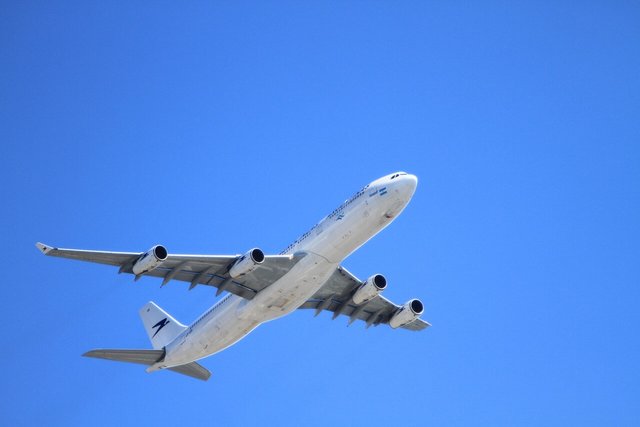
Since the planes fly in the higher atmosphere (stratosphere), the emissions containing carbon dioxide and chlorofluorocarbons are depleting the Ozone layer at a rapid rate. As a result, they accelerate global warming and climate change throughout the planet.
According to research, the carbon footprint resulting from tourism has increased from 3.9 to 4.5 gigatonnes of CO2 emissions between 2009-2013 alone. This accounts for 8% of the total greenhouse gas emissions. In other words, we're killing the very planet that we desire to see.
Those were the environmental impacts of overtourism. Some of the socio-cultural impacts of overtourism are as follows:
1. ISOLATION OF LOCAL RESIDENTS
In many places, the tourists are outnumbering the locals. Take Venice for example. A place that once had 1,20,000 residents is now home to just 55,000 residents thanks to rising housing rentals and dwindling employment opportunities. Overtourism has impacted Venice in such a way that locals are starting to doubt their existence in the city itself in the near future.
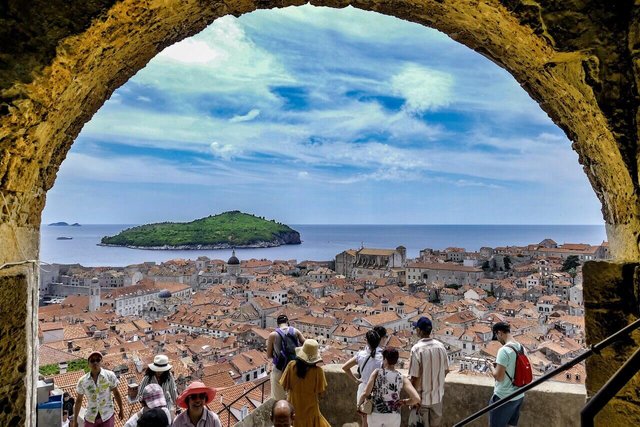
A similar negative impact of overtourism is seen in Dubrovnik, Croatia. The tourists outnumber the local population by such a huge margin that local shopkeepers have converted the pharmacies, bakeries and tailor shops into souvenir stores just to keep up with the tourist demands and earn a quick buck.
As a result, the needs and requirements of the locals are being ignored. The locals are feeling isolated because they're being treated as outsiders in their own country. And that's forcing them to shift elsewhere.
2. INCREASING DEMAND FOR SHORT-TERM RENTAL SPACES
Increase in the rental pricing is driving local residents in European countries to pull their hair out. Since the number of Airbnb's and holiday homes has gone up at an alarming rate, it has resulted in the scarcity of accommodation for the local residents.
Barcelona is infact saying "No" to tourists altogether. Since travellers prefer local accommodations for short stays in their quest to explore the local culture, the landlords kick out the local tenants and convert their homes to holiday stays/AirBnb's for more economical benefit. Locals aren't able to find a place they can afford to live in. The situation has come to a point where the locals are getting into physical altercations with tourists to drive them out of their city.
3. PRIVATISATION OF THE DESTINATION AND AN INCREASING CULTURAL DIVIDE BETWEEN THE LOCAL COMMUNITIES
Destinations which once had their own cultural flavour and a sense of pristine-ness to them are being crushed due to overtourism. Natural spots like beaches are being attached to private hotels, prohibiting entries of locals and only allowing access to tourists who pay for it. Locals are being forced to pay to visit places they once had free access to.
The societal fabric of these "holiday destinations" is being destroyed as a divide is being created with one side of people wanting to cash in on the tourist wave while the other side wanting to preserve the cultural sanctity of the place by not bowing down to the pressure from tourism.
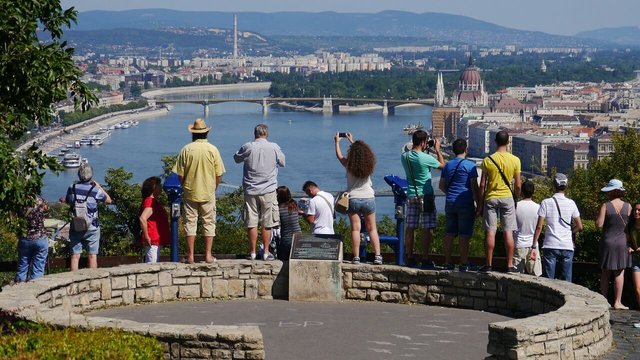
Budapest has been a major victim of overtourism - with the quality of local life falling beyond unacceptable levels. As a matter of fact, the deterioration in the quality of life of the locals has resulted in residents of Budapest resisting the entry of tourists into their territory altogether.
SOLUTIONS TO OVERTOURISM - HOW WE CAN AVOID OVERTOURISM
1. AVOIDING THE SOCIAL MEDIA TRAP - OVERTOURISM AND INSTAGRAM
Let's face it. Majority of the people don't travel because they are messiahs of wanderlust. They travel to show the world that they can afford to travel. The high they get from flaunting their stylish travel photos on Instagram trumps their love for nature, history or even culture for that matter.
This desperation of people to seek validation in the form of likes and followers is a dangerous trend pushing the boundary of tourism beyond an acceptable limit. People just flock at popular tourist spots and stand in long queues just to get a picture clicked instead of enjoying the beauty that the place has to offer, all because the place is "instagrammable".
I remember how disappointed I was on visiting the Lempuyang Temple in Bali, only to realise that in reality, it looks nothing like those magnificently photoshopped pictures on people's Instagrams. To be honest, it looks pathetic.

Instagram hashtags are proving detrimental to the sanctity of the "off the beaten path" spots as well. The pure, exclusive and untouched spots are now getting adulterated with hordes of regressive tourists who are only interested in that perfect picture. The probability of visiting a place is hinging on the number of instagrammable spots that the place has to offer.
A photo should be posted as a result of a happy experience or with the purpose of sharing a story. Just getting a photo shouldn't be the sole purpose to visit a place. Not all travellers and influencers are guilty of it and it'd be wrong to paint them all with the same brush but sadly, a majority of "travel-lovers" see it as a competition. A competition about who's visited more countries, who's stayed in the most expensive hotels, who's had access to the most exclusive spots etc.
There is no end to this rat-race. So if your self-esteem hinges on the number of stamps on your passport that you can flaunt to the world, then do yourself and the environment a favour and stop travelling. Travel for yourself and not to show the world.
2. TRAVEL DURING THE OFF-SEASON AND SHOULDER-SEASON
This is the best way to avoid overtourism. It's during the off-season and shoulder-season that economies of countries face a cash crunch. When you travel during these times, not only do you get to take advantage of heavy discounts on flights and hotels but you also contribute to a country's economy when the people in the country actually need money.
It's a win-win situation for both the host country and the tourists. Avoid visiting a place during big festivals or New Year's eve because you wouldn't want to ring in your new year while being crushed between a thousand people despite paying double the amount to visit the place.
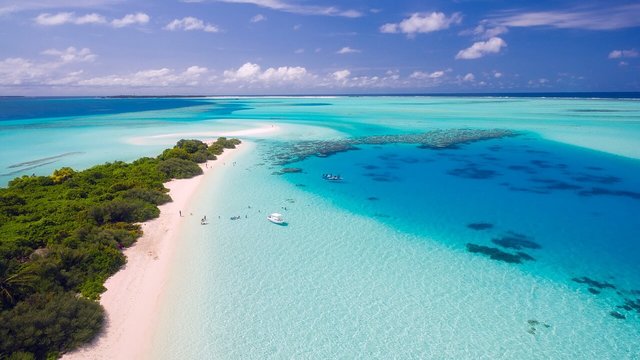
For example, visit the Maldives from May-end to August period as it's off-season. Travel to Thailand between April-June or September-October as it's off/shoulder season. Yes, you may have to contend with a bit of rain but it's much better than finding a bazillion people on a supposed exclusive resort. After all, is it really worth waiting an hour just to get your favourite cocktail on the menu?
3. SUPPORT THE LOCAL COMMUNITIES AND THEIR BUSINESSES
The thing with packaged tours and large tour groups is that they only take you to the mainstream spots and rush you through it. They don't give you a qualitative travel experience where you get to spend time and explore the place at your own pace.
Also, with such travel agencies/companies, the money doesn't trickle down to the local communities or benefit them in any way. So I'd rather you hire a private local guide. This way you get to see and experience the place from the eyes of a local.
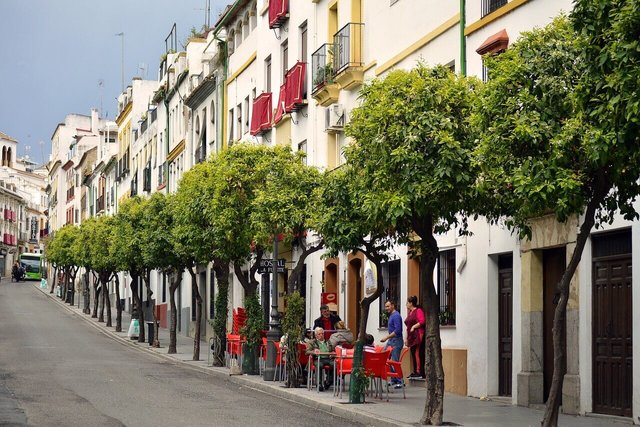
Eat at small, locally-owned cafes, bakeries and restaurants. This helps you get a taste of the authentic flavours of the place while simultaneously supporting the local economy.
Buy souvenirs and handicrafts - not from souvenir shops aka travel agency suggested tourist traps but from local vendors and artists. This way, you provide monetary support to their art & craft industries and help them sustain their local tradition and culture.
4. TRAVEL OFF THE BEATEN TRACK
Suppose you plan to visit Barcelona (Spain) for four days. Now instead of staying put and only roaming around the city, go on day trips to places around Barcelona as well. Explore places that are off the beaten path and less touristy like Montserrat and Tarragona. Visit the smaller neighbourhoods. Spend time in the countryside.
This reduces the pressure off Barcelona to host you for all the four days and also helps you get to see a side of Spain that not many have. It helps you avoid the crowds and enjoy a peaceful, stress-free vacation. Try exploring not just less-known places around popular cities, but also less-visited countries.
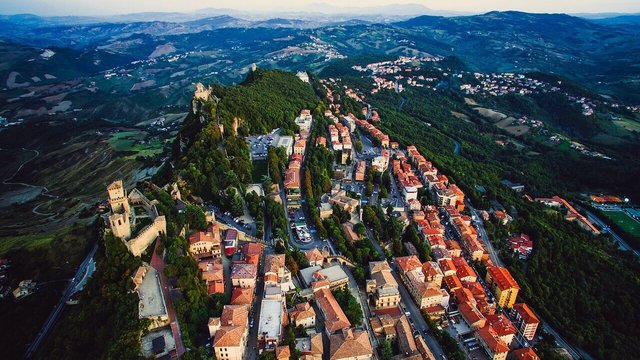
You'd be surprised to know there are many stunning countries that aren't on an average traveller's radar. Why just stick to popular countries that your travel agency is trying to sell to you? Explore not just European mainstream biggies like Switzerland, Netherlands, France or Italy but east-European offbeat countries like Georgia, Armenia and Azerbaijan.
5. RESPECT THE LOCAL ENVIRONMENT, CULTURE AND BE RESPONSIBLE
When is the pinch of overtourism felt? Simple. It's when you disrespect the local environment, culture and behave like rowdies without etiquette. When you travel overseas, you don't just represent yourself but your country as well. Keep that thought in your head and conduct yourself accordingly.
Do not be loud, brashy, ill-tempered, unhygienic and a nuisance to other travellers. Avoid littering and spitting. Whether the tourist spot is a UNESCO World Heritage site or an off the beaten path spot, keep your surroundings clean. Carry a reusable water bottle, jute or a cloth bag for shopping, a paper bag where you dump all your wrappers and cans till you reach your hotel and dispose of the waste responsibly.
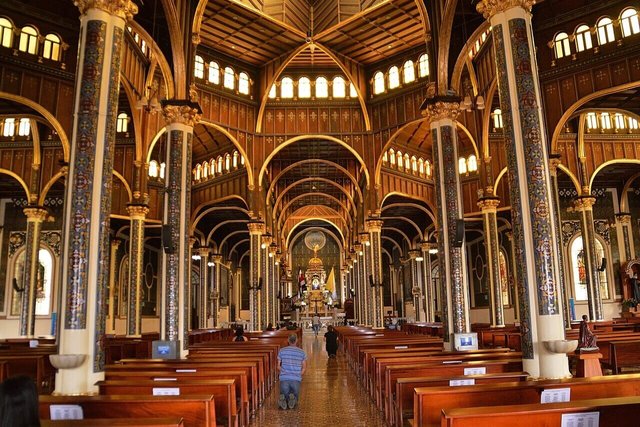
Respect the religious sentiments of locals. For example, if you're not a Christian but standing in a church as part of a tour, then respect the surroundings and keep your calm. Dress appropriately in a temple or a mosque to respect their religious sentiments and local culture. Don't click photos and take videos where photography and videography are banned.
And lastly, don't drink irresponsibly. Do not create a ruckus or pick up fights with locals. Handle your drink properly and enjoy the ambience. It's a vacation and not an "I'll do whatever the fuck I want" pass.
6. AVOID RENTING AIRBNB HOMES
This might piss off bloggers and people who earn a commission from Airbnb homes but who cares! Airbnb homes are a major reason why local residents aren't able to afford good housing in their own country.
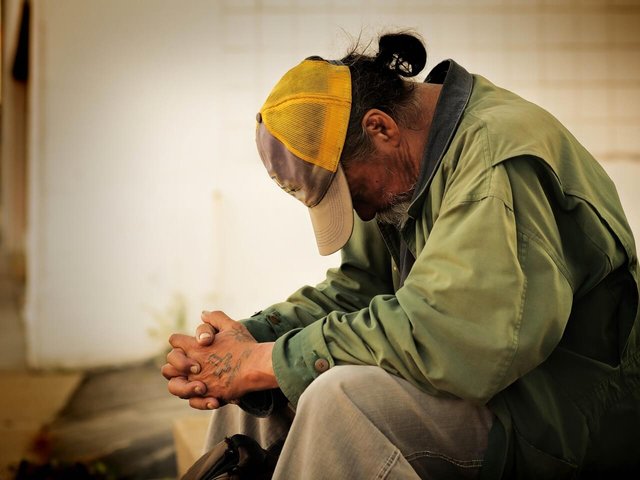
The local landlords are vacating their homes by kicking out local tenants and putting their properties up as holiday home/villa/guest house listings on Airbnb. Real estate investors are wanting a piece of the travel accommodation pie too and hence, are building holiday homes on a large scale to profit from the tourism wave. This is shrinking the housing options for local residents and they're forced to either pay higher rents to live in their city or shift elsewhere.
People who are otherwise normally renting out their space increase their rents too in accordance with Airbnb rates and your 4-5 day cheap holiday stay leaves behind an expensive unaffordable monthly accommodation for a local. Do not contribute to this. Search for better deals on hotels by travelling during shoulder or off-season when the hotel prices are down by 30-40%.
I agree that Airbnb provides travellers with the option to "live like a local" and get a "cheaper than hotel" accommodation, but there are local options too. If you're still pressed for budget, then try renting a room and not an entire holiday home. And don't rent a property from a host with multiple listings.
7. BE AN AWARE AND INFORMED TRAVELLER BY PREPARING BEFOREHAND
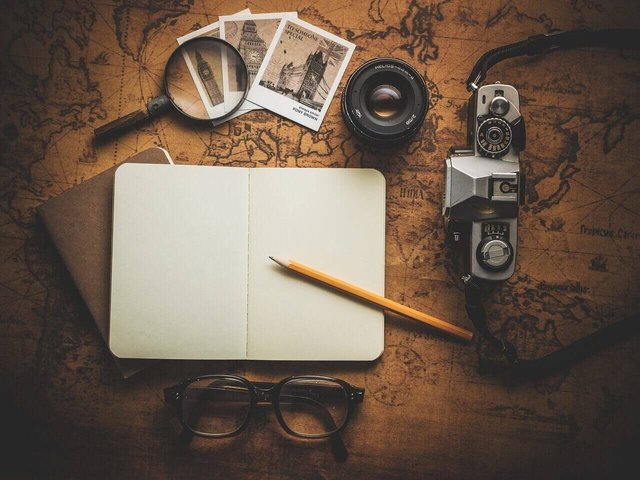
Study your destination before you land there. Read about the laws, culture, history of the place and be aware of the dos and don'ts. Don't carry stuff that's prohibited in that particular country. Many countries don't allow drones in their territory. So be informed of the country-specific regulations.
By researching the places you want to visit and the ways to get there, you'll save yourself time and stress. It'll help you plan better as you'll know what places are worth visiting and have something qualitative to offer. You won't just land up at a spot for a photo and crowd the place aimlessly.
Book tour groups or day trips with companies that give back to the local community and don't just mint money. Choose tour operators with environment-friendly and sustainable practices.
CONCLUSION
Overtourism is a phenomenon that's slowly but surely troubling countries across the world. The pinch can be felt not just by the resources of that place but also by the local residents. The least we can do as travellers is not add to the existing misery.
Will the above suggestions stop overtourism in it's tracks? Maybe not.
Will overtourism stop completely with my article? Absolutely not.
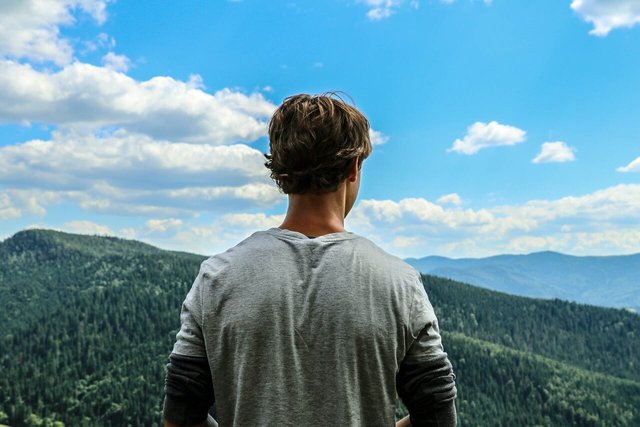
But as long as my article can create awareness and have one more aware, educated and sensitive traveller on the road, it's a win. And with a collection of these small wins, we members of the travel community can make a huge difference in the tourism industry. So let's do this not only for our planet but for ourselves!
SHARE this post on your social media channels with your family, friends, relatives, travel partners to make them aware of Overtourism and how we can help solve it.
Also, SUBSCRIBE to "The Wandering Vegetable" for more such travel inspiration. Happy travelling!
Posted from my blog with SteemPress : https://thewanderingvegetable.com/overtourism-solutions/
